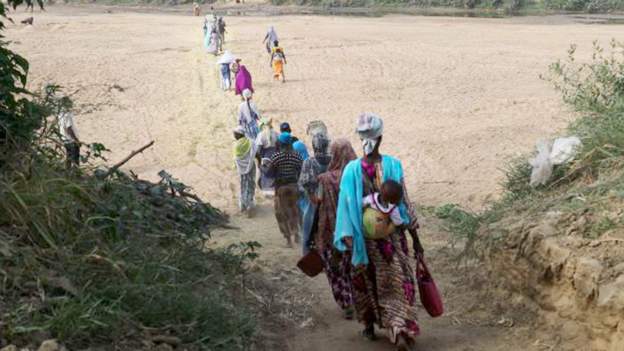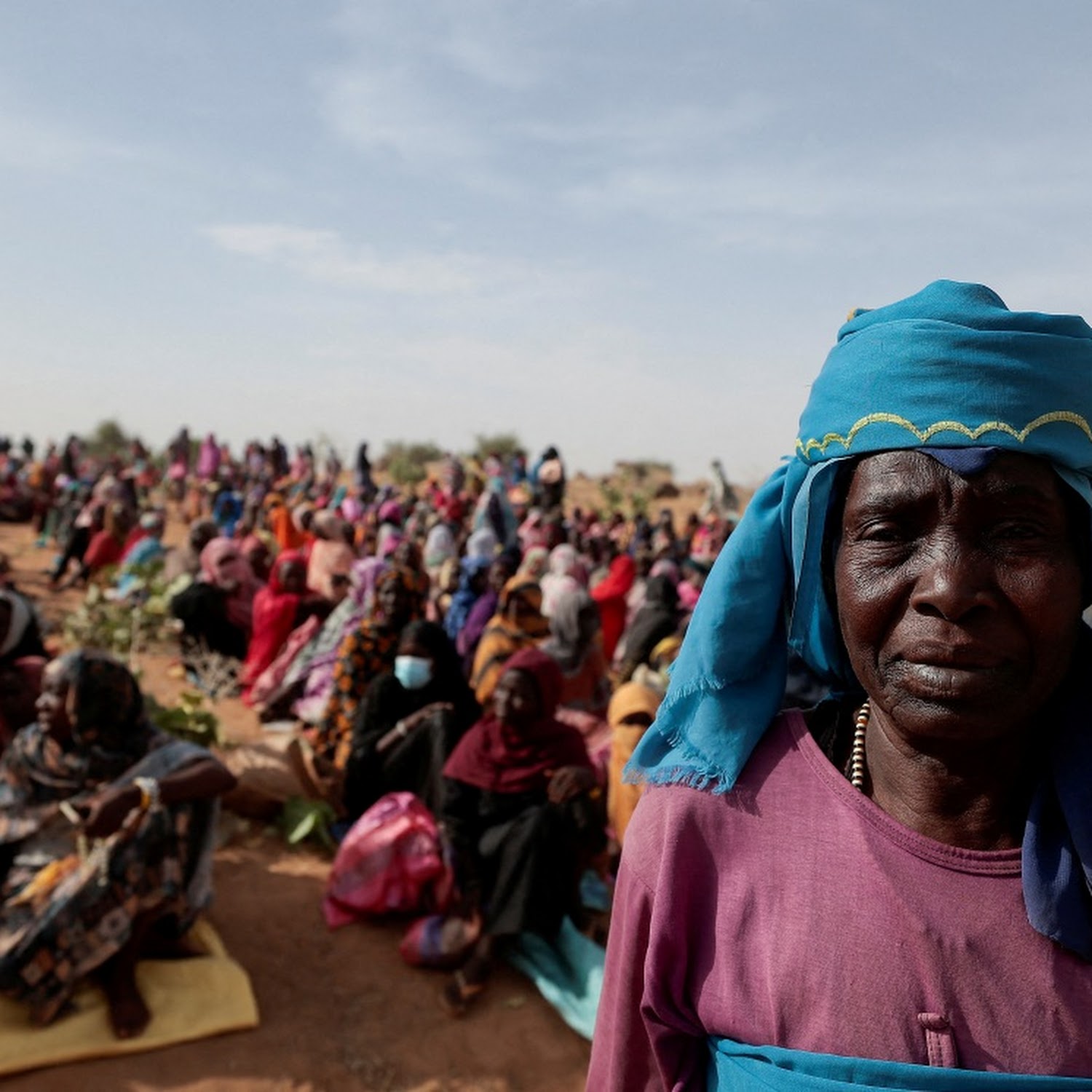Ghana Accused Of Expelling Fulani Refugees From Burkina Faso
Ghana stands as a haven for many Burkinabé refugees escaping
the mounting jihadist turmoil across the border. However, allegations have
arisen from Fulani rights groups, claiming that Ghana is also expelling ethnic
Fulani asylum seekers, unjustly targeting a community accused of supporting the
insurgency.
Belko Diallo, a former herder, finds himself among the
unregistered Burkinabé Fulani. Rather than finding refuge in Ghana's Traikom
refugee camp like others, Diallo and his family reside in a hastily constructed
hut near the northern border, feeling neglected by the Ghanaian authorities.
Diallo's sentiment echoes that of many others, disillusioned by the lack of
support after fleeing danger.
Since early 2022, over 15,000 Burkinabé have sought
sanctuary in northern Ghana from the escalating conflict fueled by jihadist
groups like JNIM and the Islamic State. This conflict, which originated in
northern Mali in 2012, has sprawled into Burkina Faso and Niger, displacing
millions and causing thousands of deaths.
The Fulani, a semi-nomadic community spread across West
Africa, have become increasingly viewed as a security threat by regional
governments due to their perceived association with jihadist groups. Exploiting
local grievances, these groups recruit from marginalized Fulani subsections.
Consequently, Fulani communities find themselves caught between militants and
local militias, facing extrajudicial killings and suspicion.
Despite registering thousands of Burkinabé refugees, Ghana
faces accusations of discrimination against Fulani asylum seekers. While the
government cites national security concerns, Fulani rights groups assert a
long-standing pattern of harassment and expulsion. These accusations culminated
in July 2023 when soldiers and immigration officers forcibly returned hundreds
of Fulani to Burkina Faso, disregarding international standards against
refoulement.
The Ghanaian government denies discrimination but faces
criticism from UNHCR and other donors. Ethnicity, officials claim, does not
determine refugee status, yet Fulani asylum seekers struggle to gain
recognition. The Fulani community's offers to assist in vetting asylum seekers
have been rebuffed, exacerbating tensions.
Security officials attribute their actions to the
sensitivity of ongoing military operations on the border, deflecting
discussions on discrimination. While acknowledging security concerns, UNHCR
emphasizes the importance of upholding asylum rights.
Amid these challenges, many Fulani face perilous choices.
Some, like Diallo, evade authorities, seeking refuge in the forest. Others,
like Barry, opt to return to Burkina Faso, only to face detention and violence.
The cycle of displacement and danger persists, leaving individuals like Barry
resigned to the grim reality of being unwelcome in Ghana and imperiled in
Burkina Faso.
As the plight of Fulani asylum seekers continues, the
situation underscores the complexities of refugee protection, security
imperatives, and the human toll of conflict-driven displacement.








.jpg)